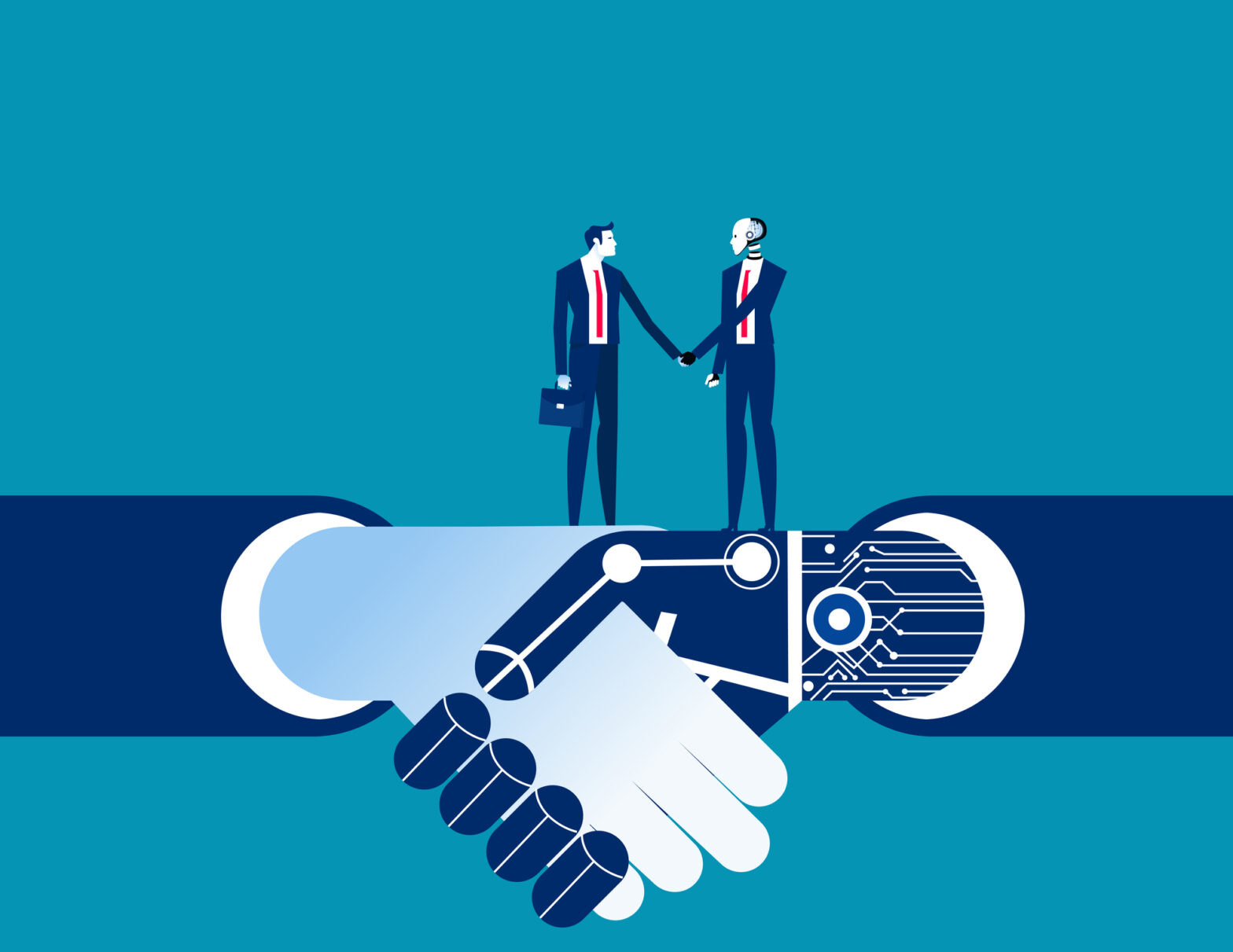Is artificial intelligence good or bad? Either way, it’s growing. Whether it is JPMorgan’s AI cashflow model that claims to cut manual banking work by 90 per cent, AI therapists or AI-powered security cameras, AI is making its mark on society and the workplace.
With so many resources being dedicated to its development and no real obstacles predicted, its rapid development is set to continue. In many ways, this is a good thing that will help the pharmaceutical industry detect and understand disease. On the other hand, there are concerns AI will aid cyber attacks, spread fake news and decrease job security.
What AI is doing for us now
AI is already able to drive vehicles and negotiate obstacles. This has applications for military operations and space exploration.
Serious success is being seen in the trials of new machinery designed to identify tumours on CT scans and X-rays, and AI is being used to predict kidney failure and help doctors assess lung cancer.
AI algorithms are helping drones identify targets in warfare, companies like Amazon to reduce packaging and architects make their projects more efficient.
Mining and managing big data, as well as discovering important correlations within it, is possible with e-discovery software. This technology is also being used to get through huge mountains of legal documents more effectively and efficiently than human paralegals can. Some journalism jobs like sports summaries and market reports are also already within the scope of AI, as are certain middle management tasks.
As AI continues to develop, it’s not only capable of making tasks easier for humans. There is growing concern that AI may become more intelligent than humans, with AI pioneer Geoffrey Hinton sounding the alarm in 2023.
Just 7% of UK startups actively involved with AI – Despite the UK pushing for global leadership in artificial intelligence, the number of startups actually capitalising on or developing AI is sparse
Potential risks of AI
Several studies have shown that AI may displace huge sectors of the workforce, and not only in traditionally blue-collar jobs. There are also concerns that algorithms might start to deny people certain opportunities, such as bank loans or college admissions, based on racial profiling. The technology could also be used by governing forces to detect and suppress any kind of dissent, helping to create very autocratic societies.
As virtual assistants become more able to accurately predict what kind of news stories a person will be interested in, there is also the potential for shaping and polarising a society’s opinions. And of course, the idea of weapons that are able to act autonomously is alarming to many people.
There is also the worry of the impact of AI when in the wrong hands. AI can be used by fraudsters to make their frauds even more convincing, cyber attacks harder to defend against and put data privacy at risk.
It also has the potential to have an adverse effect on the environment. AI – and in particular, data centres – consume vast amounts of electricity and water to function.
Is AI good or bad?
Our response now to artificial intelligence is very important. The technology is a tool that could enhance our lives in many ways, but we need to continue to discuss its possibilities for subjective experiences and human emotions, its job displacement potential and other important issues, and to manage them responsibly.
The United States National Science and Technology’s subcommittee on machine learning and artificial intelligence delivered a report to the White House on AI and employment back in 2016, acknowledging job loss but also emphasising potential new careers and opportunities.
Economists, anthropologists and other experts are also teaming up with AI scientists to explore its impact more at conferences. Such active awareness and engagement with the issues will remain essential as we move into the future.
In essence, many of its benefits come down to training and regulation. Businesses need to understand that without proper use, AI can be biased, discriminative and in its earliest stages, unreliable. With proper regulation, its use can be ringfenced, risks of bias and discrimination are minimised and criminals can be held accountable for wrongdoing.
This article was originally written and published by Praseeda Nair on 2 August 2017.
More on AI
AI could add $500bn to value of SMEs globally – SMEs either creating AI for enterprise organisations or embedding AI in their own businesses will add billions of dollars in value, says boutique tech bank DAI Magister






